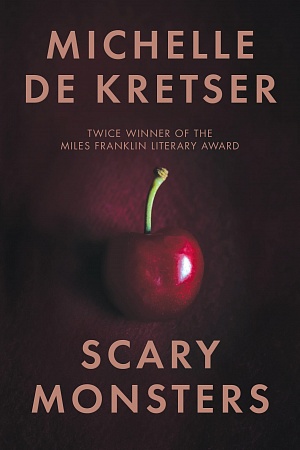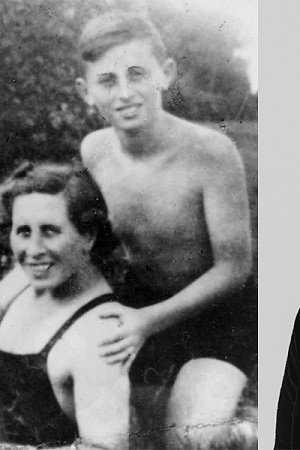Childhood
Text Publishing, $34.99 pb, 257 pp
Unconditional refusal
That the boy depicted in Shannon Burns’s nightmarish memoir survived to write it at the age of forty reflects no credit on society or on those around him. His persistence seems remarkable, given the world he entered.
The boy is always referred to thus. Page after page, we learn the extent of his grievous upbringing. His parents – mismatched and poorly educated – stay together for the first two years of his life, then he is alone with his erratic Greek mother, who drinks too much and becomes addicted to prescription pills. One of the boy’s earliest memories is of waking on a concrete floor, blood dripping from his nose, having been beaten by his mother. He is four or five years old. ‘I don’t resent the slaps or scratches. It’s ordinary, untroubling. It is what mothers do to their sons whom they love.’ Meanwhile, his Greek grandfather endures him ‘without too much distaste’ (everything is qualified in this world). No one in the boy’s family has a job. Most of them are on social security and live in public housing.
Continue reading for only $10 per month. Subscribe and gain full access to Australian Book Review. Already a subscriber? Sign in. If you need assistance, feel free to contact us.















Leave a comment
If you are an ABR subscriber, you will need to sign in to post a comment.
If you have forgotten your sign in details, or if you receive an error message when trying to submit your comment, please email your comment (and the name of the article to which it relates) to ABR Comments. We will review your comment and, subject to approval, we will post it under your name.
Please note that all comments must be approved by ABR and comply with our Terms & Conditions.